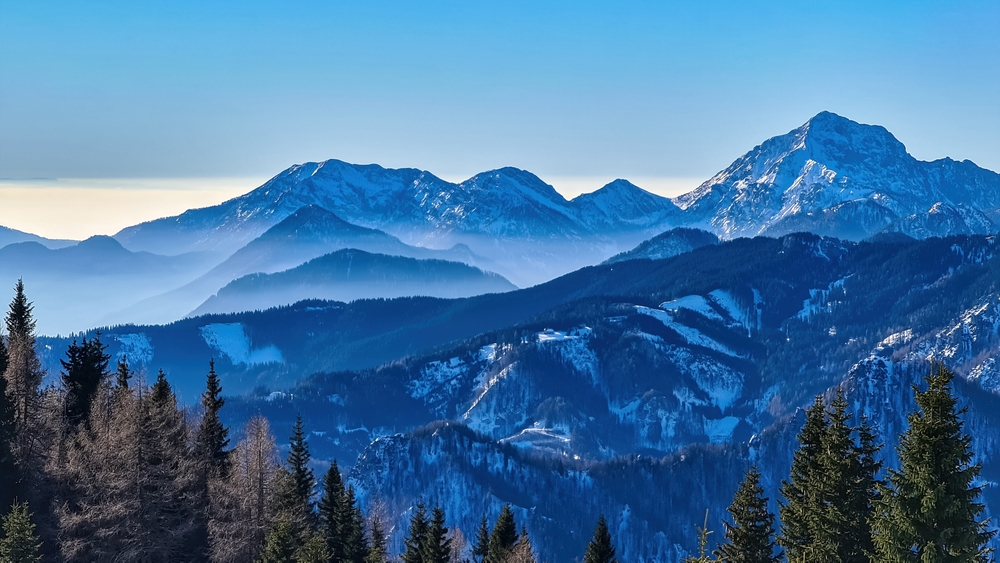On Sunday, the people of the rural Austrian state of Carinthia will vote in a referendum on whether to ban the construction of wind turbines on the region’s mountains and alpine pastures.
The outcome, while not legally binding, has ignited a heated debate over environmental preservation and the future of renewable energy in the state.
The referendum, initiated by the Freedom Party of Austria (FPÖ) and supported by some members of the populist Team Carinthia, asks citizens: “Should the construction of additional wind turbines on mountains and alpine pastures in Carinthia be prohibited by state law in order to protect Carinthia’s nature (including the landscape)?”
Proponents have framed the vote as a chance to preserve Carinthia’s pristine mountain landscapes, while those against it argue the move threatens to stall the region’s energy transition and attempts to combat climate change.
FPÖ state leader Erwin Angerer has been vocal in his opposition to further wind power development, warning of the “destruction of the homeland and landscape” that he says would result from new wind turbines. He likened the potential impact to the overdevelopment of Carinthia’s lakeshores in recent decades, calling on voters to protect the state’s unspoiled mountain scenery.
“Nobody can legally force us to set up even one wind turbine in Carinthia. We are completely free to decide how we generate our energy,” he said, as cited by the Exxpress newspaper.
While the FPÖ staunchly opposes wind power expansion in Carinthia, other parties and groups have defended the plans. Green Party state leader Olga Voglauer accused the FPÖ and Team Carinthia of “sacrificing the energy transition with their biased referendum for party political propaganda.”
“Wind turbines should be erected where they belong: on flat, windy areas or in coastal regions, but not on our mountains and alpine pastures,” countered Angerer.
Team Carinthia leader Gerhard Köfer emphasized the importance of citizen participation in the decision. While not outright opposing wind power, the party advocates for controlled development, supporting only advanced projects and rejecting what it calls “uncontrolled expansion.”
The referendum has cost the FPÖ approximately €100,000 in campaigning, highlighting the significance of the issue to the party.
Regardless of the result, Köfer stated that the referendum is evidence of successful direct democracy, enabling voters to have a greater say in the issues that affect them and the place they live.
“The Carinthian population should have the opportunity to decide for themselves whether or not further wind turbines should be erected on mountains and alpine pastures in Carinthia,” he added.






